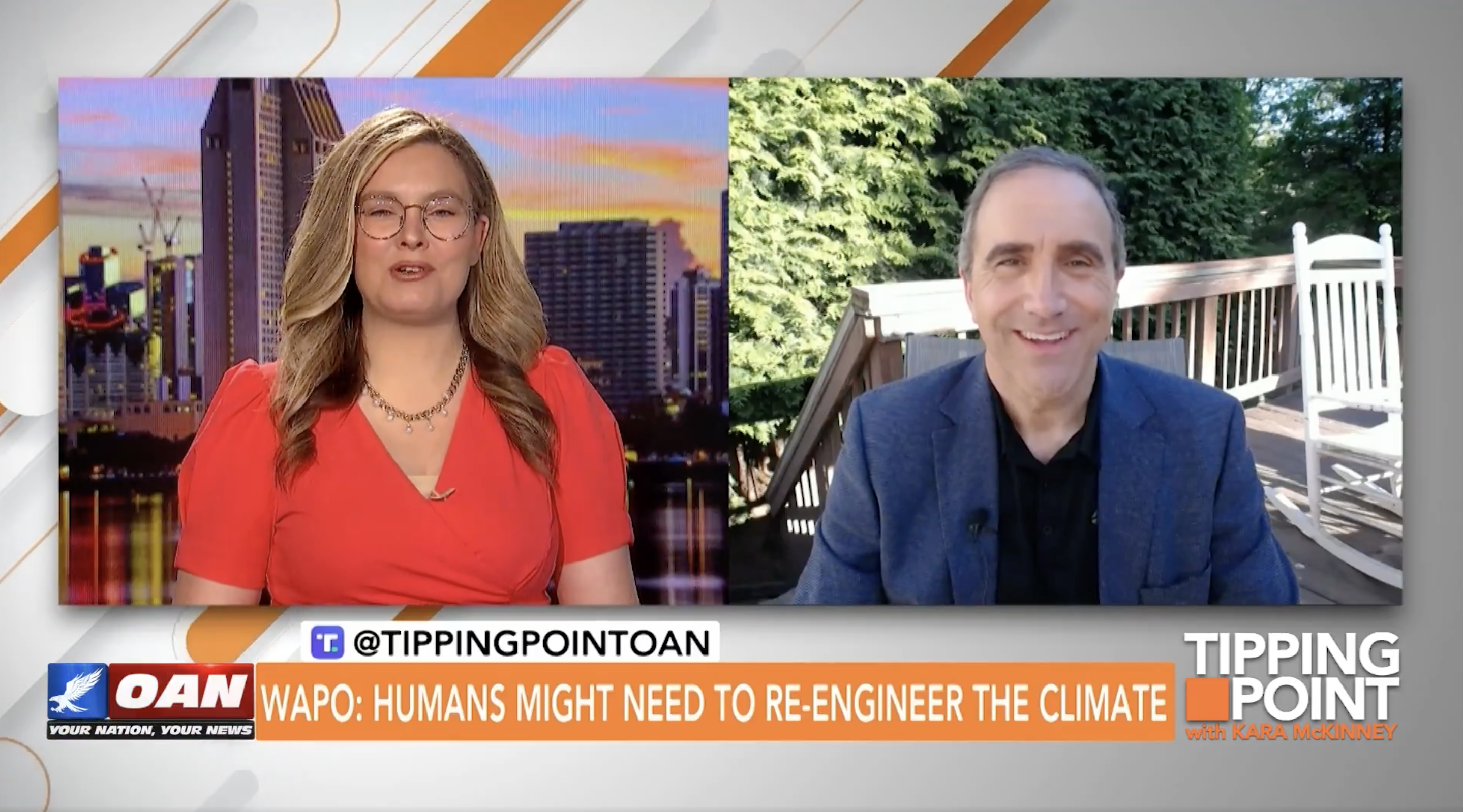UK factories at risk of shutting down for good as energy prices soar
Politics Home, 15 February 2022
The Chemical Industries Association (CIA) this week said that rising energy costs, which saw gas prices grow by a whopping 500% for their members from January 2021 to January 2022, meant companies would be forced to decide whether to continue running their UK factories at all.
“The scale and cumulative impact of these rising costs will inevitably put pressure on investment decisions for UK chemical businesses, many of which are headquartered overseas,” the CIA’s Chief Executive Steve Elliott told PoliticsHome.
“Whilst it’s true that many of these price rises are also being felt around the world, we do urge the Government to act now to address costs which are within its control.”
Although 500% was the average increase across the chemicals industry over that twelve month period, some businesses saw their bills grow by as much as 900%, the CIA said.
Last month the paper industry, which like the chemicals sector relies on gas for production, issued a similar warning that ministers risked acting too late to avoid a “major crisis”.
Andrew Large, Director General of the Confederation of Paper Industries (CPI), said it was “hugely disappointing” that there had not yet been action by government to support industries though the energy crisis. “Our concern is they are waiting for a major crisis to develop with closing sites and product shortages before we see any action,” he told PoliticsHome.
While soaring gas prices are a major contributor to a cost of living crisis for households, they have also created what industry groups describe as a cost of working crisis, in which it is now far more expensive for gas-reliant factories to operate and could soon become too costly.
Even if factories are not brought to a standstill, there is concern that the high costs of operating in the UK will make energy-reliant industries in this country increasingly uncompetitive compared with European counterparts, which currently pay less for carbon.
The risk of factories being closed down first surfaced in October, when Business Secretary Kwasi Kwarteng handed Rishi Sunak, the Chancellor of the Exchequor, a series of proposals designed to protect energy-intensive industries (EEIs) from rising prices.
Government sources at the time said there was a risk of gas becoming too costly for sectors like chemicals, paper, and ceramics to continue with production in the UK — an outcome that would not only spell more disruption for supply chains, but also likely result in significant job losses.
The Treasury and the Department for Business, Energy and Industrial Strategy (BEIS) are yet to put those proposals into action, however, to the frustration of affected groups.
A senior BEIS source insisted that talks with the industry about the impact of rising energy prices were ongoing but pointed out that warnings of factories closing late last year did not materialise.
Sunak is also thought to be reluctant to provide impacted industries with further financial support after the Treasury stepped in last year to subsidise a key fertiliser plant owned by CF Industries.
Rising gas prices had forced the plant in the northeast to cease production, triggering panic that there would be shortages of certain food and drink, PoliticsHome reported. The plant is a major producer of CO2, which is used in meat production and that of fizzy drinks and beer.
A government spokesperson said: “We remain absolutely determined to secure a competitive future for our energy intensive industries, including the chemical sector, and in recent years have provided them with extensive support, including more than £2bn to help with the costs of energy and to protect jobs.
“Ministers and officials continue to engage constructively and regularly with industry and our priority is to ensure costs are managed and supplies of energy are maintained.”




